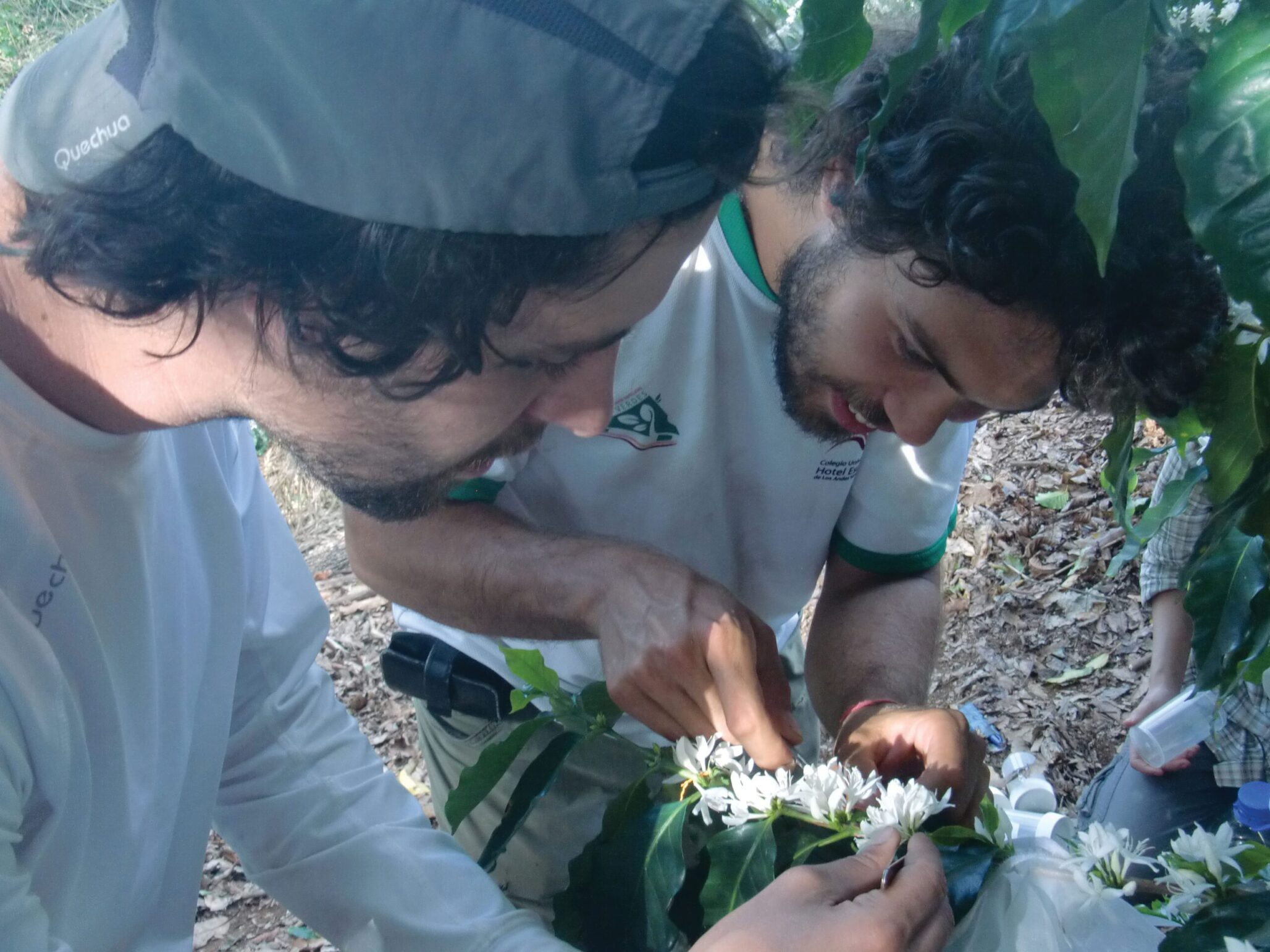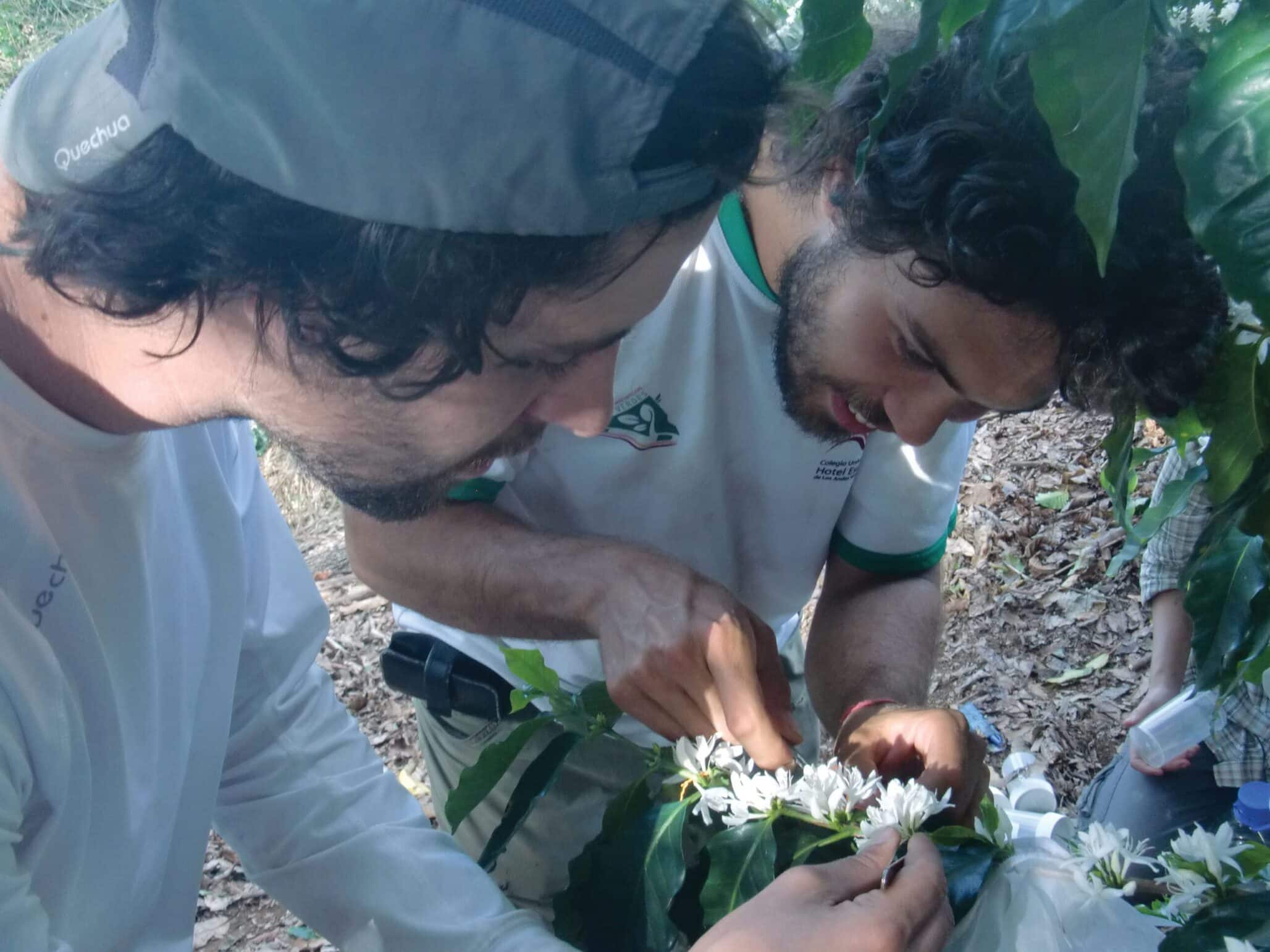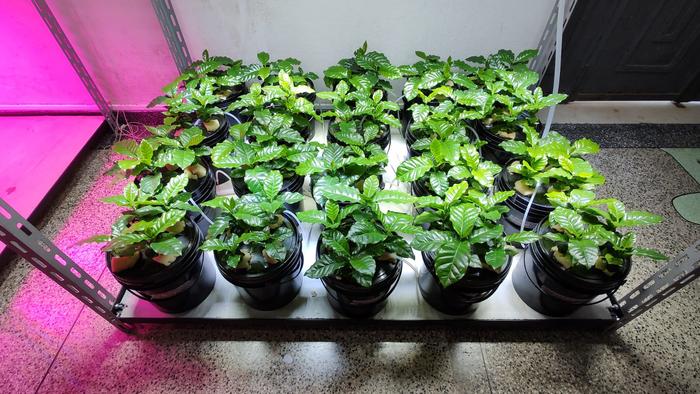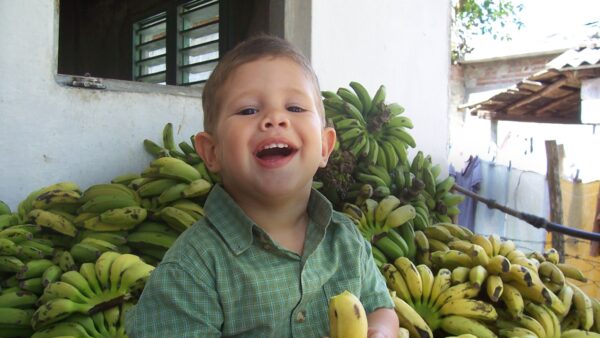World Coffee Research (WCR), a U.S.-based nonprofit, has unveiled a comprehensive technical report highlighting significant inconsistencies in the coffee seed sector across Latin America. The study scrutinized seed production activities in five major coffee-producing nations—El Salvador, Guatemala, Honduras, Nicaragua, and Peru—revealing alarming levels of genetic nonconformity in current nursery operations.
The report indicates that 36% of the seed lots examined exhibited “very high rates of genetic noncompliance,” with only half or fewer of the tested plants being correctly identified through genetic analysis. WCR attributes these discrepancies to inadequate agricultural practices and systemic issues, including the absence of certification tools and insufficient investment in the sector.
Funded by the United States Department of Agriculture (USDA) through the Maximizing Opportunities in Cacao and Coffee in the Americas (MOCCA) program, and with additional support from Lavazza Professional, the project aimed to assess current seed nursery conditions and propose strategies for enhancing seed sector infrastructure throughout Latin America. The ultimate goal is to provide coffee farmers and industry stakeholders with superior plant material and quality assurance.
“Previously, we had a sense that genetic contamination was happening in Arabica plantations in the region,” said Emilia Umaña, WCR’s Nursery Development Program Manager, in an announcement about the report. “The data found through this work create a window to look at this situation in a more proactive manner—we can better understand the consequences of not implementing GAPs that are specific for coffee seed production and, even more importantly, we can find and promote the best seed sources available.”
This initiative underscores the critical need for improved practices and investment in the coffee seed sector to ensure the sustainability and quality of coffee production in Latin America.












